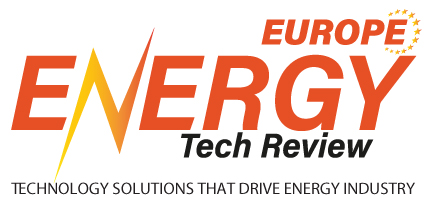The energy market is changing beyond recognition. From electric vehicles to the web of Things, we sleep in an age of disruption. And, for the primary time consumers have the facility.
Key to the present shift has been the role of unpolluted technologies. Solar panels have motivated the UK’s renewable revolution; almost a million panels are now spotted round the country, on household roofs, small businesses, hospitals, and schools, among others.
"Our vision permanently Energy is to support this transition through R&D and investment in innovation"
On the domestic level, renewable power has gone from strength-to-strength. 10 years ago, 6 percent of Britain’s electricity came from renewable sources; today, that figure has grown to an astonishing 33 percent. Except for all this progress, we've barely scratched the surface on what these technologies can really do.
The government’s decision to reduce greenhouse emission emissions to net zero by 2050 shows the size of the challenge.
Petrol and diesel vehicles are going to be entirely replaced by new ultra-low emission cars by 2040. to form progress design of the systems will get to place consumers at the heart of this transition. One example today is to form it easier for people to use electric vehicles. Scaling up investments in rapid charge points and new battery tech will make EVs a more attractive option and convey costs down. Our investment within the EV platform Zap-Map is vital to where we see the longer term of this market: digital, flexible, and a part of the shared economy.
Newer technologies being developed also will make the road to a zero-carbon economy tons easier. Vehicle-to-grid and vehicle-to-home technologies are testing how electric vehicle batteries and other storage units are often wont to improve efficiency. The central idea is that A battery can have multiple purposes aside from powering your car. It is often used with other home devices, providing back-up supply to the grid, and storing power to be used more efficiently.
Our vision permanently Energy is to support this transition through R&D and investment in innovation. Today, we are partnering on a pilot program at Salford University called the Energy House which is exploring these opportunities. The climate-controlled facility uses 300 sensors and cloud-based software to check how the technology is often integrated into the typical UK household, providing crucial data into how we will develop zero-carbon homes within the future.
The platform for this alteration is going to be the next generation of smart meters, a serious intensification from the present energy tech. These are going to be wont to create time-of-use tariffs where cheaper energy rates are offered during times of high renewable production, or low demand. Smart thermostats also give people the power to regulate where and once they heat their homes, including through mobile phones.
The focus on the utilization of knowledge and therefore the digital experience support the control of those technologies will impact on the speed of update of latest energy technologies.
Energy use is usually ignored in our busy lives, but new digital technologies could transform that relationship and mean that households can have control, turning down their costs and their carbon at an equivalent time.











